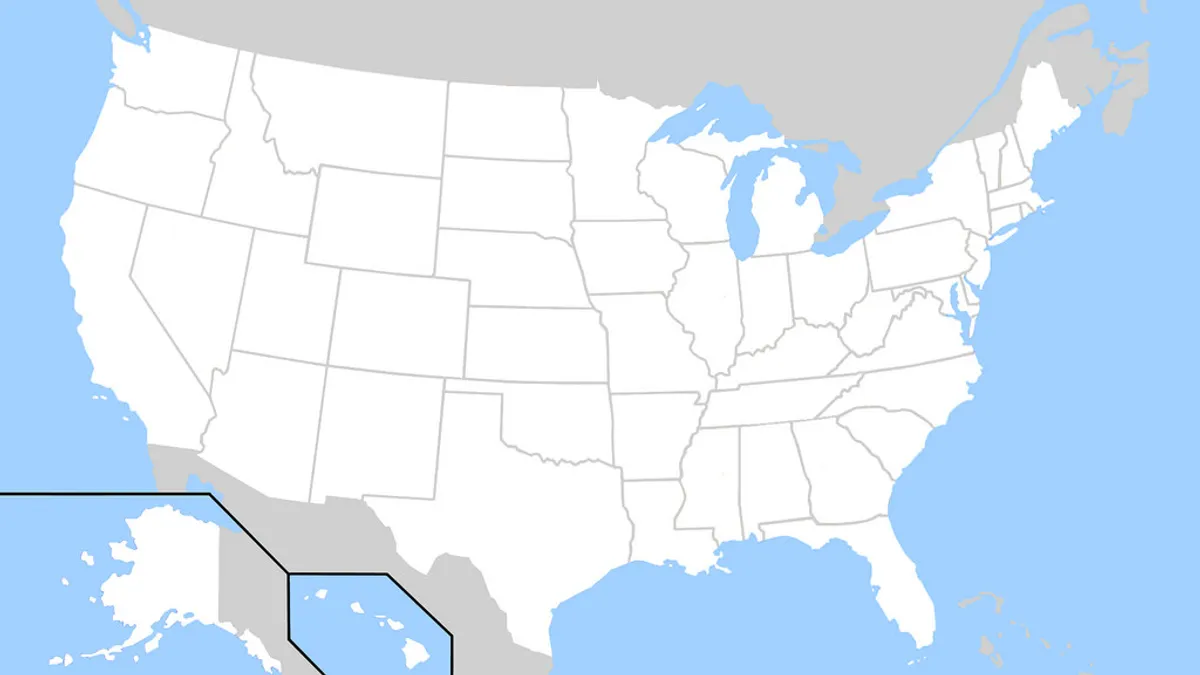Rohit Mittal slept on a couch at Columbia University his freshman year because he couldn’t get an apartment after immigrating from India.
"The main reason was, everywhere I went everyone was asking for a credit report, credit score, a large deposit, or a cosigner of some sort," Mittal told Banking Dive. "And I had none of those things."
That experience stuck with Mittal. After he graduated, Mittal moved to the Bay Area, where he and a Columbia friend founded Stilt, a fintech that provides personal loans to immigrants so they can get an apartment, a car or other big-ticket items.
"It evolved over time, we started by giving loans to immigrants, primarily graduates and visa holders who were working in the U.S. but had limited credit history, and we put up our own savings as loans to get the company started," Mittal said. "Some people, upon the first week of arriving in the U.S. and opening a bank account, needed money for a deposit ... so they were able to take $10,000 to $15,000 from us to do that."
Many immigrants who come to the U.S. struggle to develop the credit history they need to apply for student loans, rent an apartment or buy a car. And predatory payday lenders can trap immigrants in a cycle of debt.
Mittal wants to change that. Stilt offers personal loans at low interest rates, and will soon offer bank accounts for its customers.
Stilt's mission to serve immigrants is part of a growing trend in the fintech industry. Challenger banks Majority and Remitly also serve that segment of the population, but their flagship products are digital banking services rather than personal loans.
About 44.4 million immigrants live in the U.S., as of 2017, according to Pew research, signaling a need for enhanced financial services to serve that population.
"From what I see out in the market, our product is the only one that provides a lot of credit to immigrants and high-quality credit products to immigrants," Mittal said. "If you don't have a Social Security number, or you have limited credit history, we are able to look beyond those measures to give you a high-quality loan. And that's something I impress on people."
Stilt will partner with Evolve Bank & Trust to provide bank accounts to immigrants and underserved populations.
"Our bank account will be tightly integrated with a lot of credit products," Mittal said. "We’ll bring our loan experience over the last few years and millions of data points we’ve collected, and use that to provide even a better, tighter integrated bank account and credit experience."
With Stilt's banking and credit services, immigrants will be able to start building credit on day one, he said.
Even though Stilt launched less than three years ago, the fintech has provided thousands of loans to immigrants.
"Many of them have used it for a whole host of reasons, like paying off very high-interest debt in their own country, helping families back home, putting food on the table," Mittal said. "Because of our loans, students are able to apply for [Optional Practical Training] and stay and work in the U.S."
Many of the fintech's customers are also Deferred Action for Childhood Arrival (DACA) holders who have used Stilt loans to get a car or a computer for school.
Mittal said he saw a "sudden drop" in demand when the coronavirus crisis hit, but demand is returning as unemployment rates soar and people struggle to find work.
"Sometimes we say our tag line should be 'welcome home immigrants,' because the U.S. is a nation of immigrants and the driver of innovation," Mittal said. "We hope, at least on the financial side, we can make them feel comfortable and feel safe and help them move faster in life by democratizing access to high-quality financial services."













